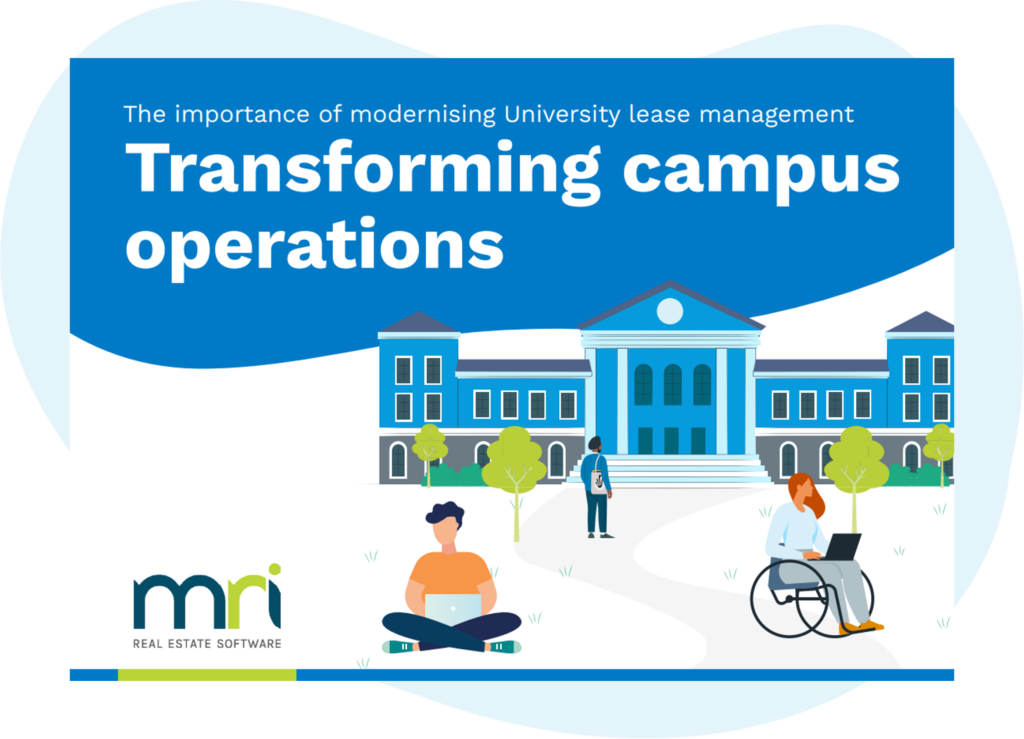Different types of compliance by industry
With visitors, contractors, and employees back in our workplaces, organisations seek software that ensures everyone coming in or out of their buildings is aware of and meets their compliance requirements.
Your organisation probably has unique corporate compliance requirements. However, you are also likely required to meet one or more common regulations to ensure you operate safely and securely in your industry. This regulation may be international, national, or local – but the need to meet it is explicit if you wish to stay lawful.
Let’s take a look at a few industry-related compliance regulations;
Manufacturing
Around the world, good manufacturing practice (GMP) defines and controls how manufacturers in specific industries should maintain quality control and reduce risks, they need to ensure that products are manufactured, packaged, and controlled according to industry quality standards.
To put it even more simply, GMP helps ensure a quality product.
The primary purpose of GMP is to mitigate risks involved in food, pharmaceutical, and manufacturing products that cannot be removed through standard testing of the final product. GMP covers all aspects of the production process, from materials, equipment, and locations to training and hygiene of all people that come in contact with the product during production. Detailed and written procedures must be in place for each process that can affect the quality of the end product, and systems that provide documented evidence of adherence to these procedures must be in place.
Importance of GMP
As regulatory agencies push hard to keep pace with the new market and industry developments, companies and their leaders can benefit from looking critically at their current processes and assessing their preparedness for changing compliance requirements.
To assess how their company is prepared for GMP and other regulatory bodies, company leaders should ask themselves the following questions:
- Do we emphasise profits over quality? Is it worse to miss our profit goals than our quality goals?
- Do we take a proactive approach in assessing risks such as contamination, malfunction, and theft? Are there any precautions in place that prevent such risks?
- Do we fully understand the importance of GMP compliance and its effect on our organisation?
- Do we have a certification process for our contractors?
- Do we have any gaps in our monitoring and surveillance processes?
- Can we improve our preparedness for regulatory surveillance?
- Do we understand what data regulatory inspectors will ask, and do we have that data readily available
Healthcare
The number one compliance regulation that healthcare providers must meet is HIPAA. Traditionally, hospitals and other healthcare facilities manually capture visitor and patient data via logbooks or similar practices. As new technologies evolved, the healthcare industry began to move away from paper processes and rely heavily on electronic systems.
These systems could be to;
- Collect visitor information
- Pay claims
- Answer eligibility questions
- Provide health information
- Conduct a host of other administrative or clinically based functions
As these new technologies or systems have become more common and widely implemented throughout different facilities, HIPAA was developed to protect the privacy and security of certain health information. To assess how a facility handles HIPAA compliance and other regulatory bodies, facility leaders should ask themselves the following questions:
- How do you ensure visitor records get accurately stored and kept secure?
- Do you have access controls for visitors coming on-site?
- How will you protect your assets and people with your facility?
- Are there any precautions in place that prevent such risks?
- Do you fully understand the importance of HIPAA compliance and its effect on your organisation?
- Do you have a certification process for your visitors and contractors?
- Do we have any gaps or weak areas in your monitoring processes?
- Do we need to improve our entry and exit processes, such as implementing sign-in for visitors and contractors?
Importance of HIPAA
The primary purpose of the HIPAA Privacy Rule is to create national standards to protect individuals’ medical records and other personal health information. The legislation has introduced clear and strict guidelines on managing, storing, handling, and safeguarding protected health information (PHI).
HIPAA has reformed how healthcare professionals operate. For example, HIPAA’s Rules have introduced measures to improve efficiency in administrative tasks. These measures included assisting covered entities of all sizes in transitioning from paper records to electronic copies of visitor and contractor information and ensuring that these safeguards were acceptable across the industry. Visitor and contractor management systems ensure that everyone on-site is kept safe and secure, and it strengthens the facility’s security with more robust access control processes and systems.
Transport
The U.S. government requires International Traffic in Arms Regulations (ITAR) compliance from all exporters, brokers of defense articles, defense services, manufacturers, and related technical data on the United States Munitions List (USML).
The failure of companies and members in their supply chain to adhere to an ITAR compliance visitor policy can result in civil and criminal prosecution with up to 10 years in prison, with a fine of up to $1 million, business interruption, and denial of export privileges.
A list of best practices to follow when putting together your ITAR compliance program includes
- Screening all parties and verifying citizenship
- Ensuring names are accurate and complete
- Tailoring compliance programs to specific business types
- Keeping complete and detailed visitor records for at least five years
- Records must be organised and easily accessible
- Securing all physical and digital access points
- Monitoring and regularly reviewing compliance programs
Transport organisations use visitor management systems to ensure that all their visitor data is stored digitally in a secure environment, to aid in their historical and real-time reporting and keep on top of their strict compliance regulations.
Ready to know more?
Regardless of your industry, staying on top of your compliance requirements is paramount to your organisation’s success. Check out our free whitepaper on the Ultimate Guide to Workplace Compliance and learn how you can enable your organisation to ensure everyone entering your buildings meets your regulations and requirements.
Get the workplace compliance guide
Reduce your company’s liability and risk, and strengthen your workplace processes.
Download now
Transforming campus operations: The importance of modernising University lease management
Across various sectors, including the educational industry, the persistent use of outdated systems and software emerges as a significant bottleneck, impairing operational efficiency, security, and innovation. From legacy systems that hinder academic …

